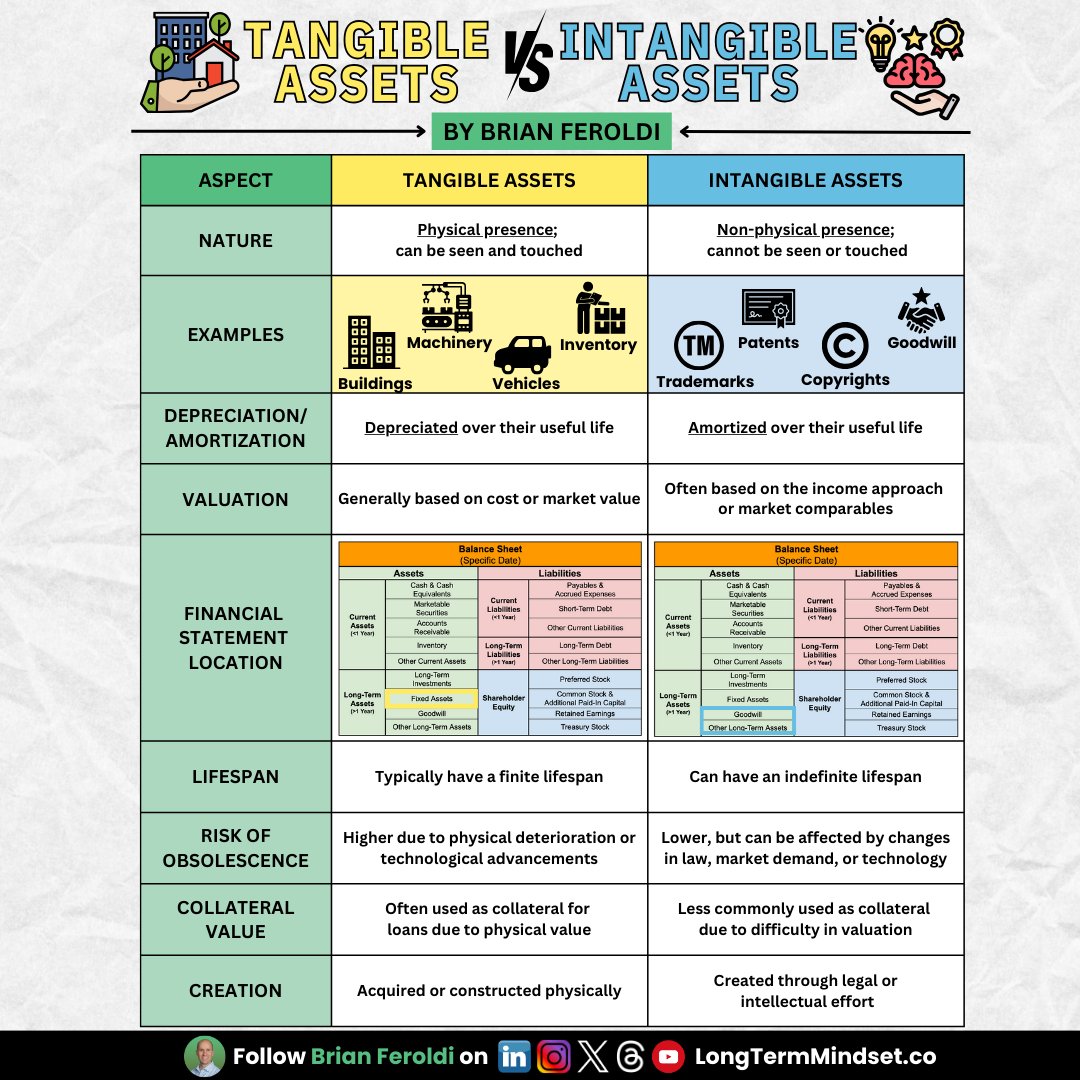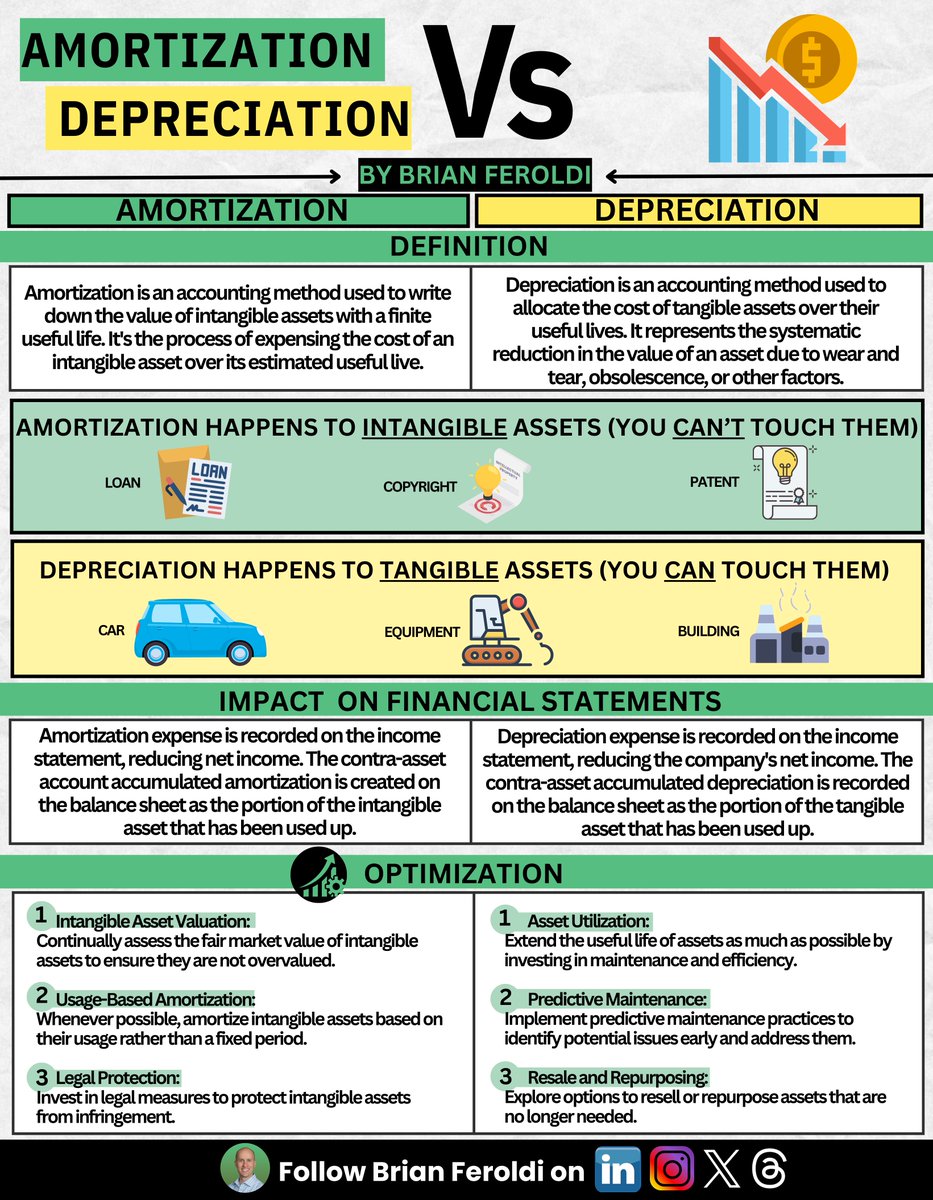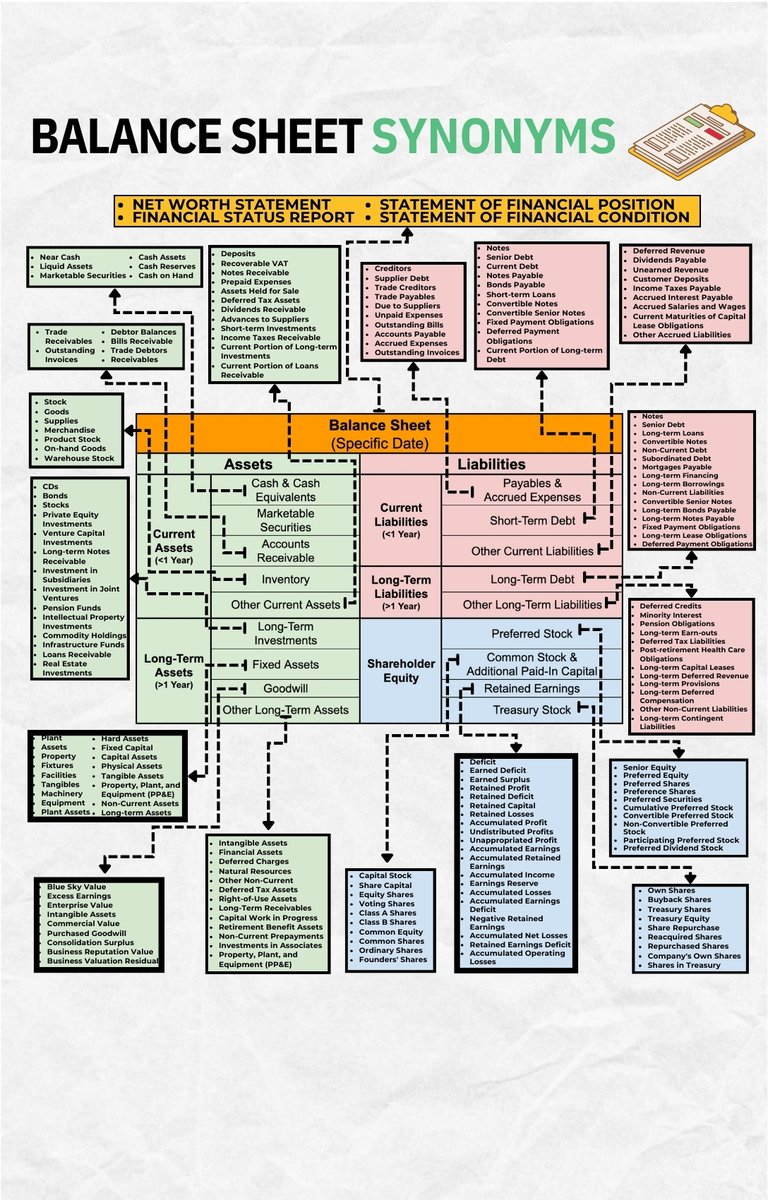High-return, low-risk stocks do exist
But many of them don't grab financial headlines
Here are 10 high-return, low-risk stocks (that most investors ignore):
But many of them don't grab financial headlines
Here are 10 high-return, low-risk stocks (that most investors ignore):
What do I mean by “high-return”?
These stocks have CRUSHED the market:
📈Since IPO
📈Over the last 5 Years
They are all long-term winners that keep on winning
These stocks have CRUSHED the market:
📈Since IPO
📈Over the last 5 Years
They are all long-term winners that keep on winning
What do I mean by “low-risk”?
A combination of:
✅Financially Strong
✅Profitable
✅Consistent Organic Growth
✅High Returns On Capital
✅Wide moat
✅Great Management
✅Recurring Revenue
✅Diversified Customers/Suppliers
✅Low Disruption/Dilution/Volatility
A combination of:
✅Financially Strong
✅Profitable
✅Consistent Organic Growth
✅High Returns On Capital
✅Wide moat
✅Great Management
✅Recurring Revenue
✅Diversified Customers/Suppliers
✅Low Disruption/Dilution/Volatility
1/ Accenture - $ACN
Consulting is BIG business and Accenture is the industry’s top dog
This company is so consistent that it’s boring to follow, but it’s worked out really well for shareholders

Consulting is BIG business and Accenture is the industry’s top dog
This company is so consistent that it’s boring to follow, but it’s worked out really well for shareholders


2/ Cintas - $CTAS
Managing employee uniforms is BORING
but this company sure does crank out consistent growth

Managing employee uniforms is BORING
but this company sure does crank out consistent growth


3/ EPAM Systems - $EPAM
Need custom software? EPAM is the go-to choice for companies worldwide
Sticky clients, consistent growth, and founder-led!

Need custom software? EPAM is the go-to choice for companies worldwide
Sticky clients, consistent growth, and founder-led!


4/ Intuit - $INTU
Tax software? Boring!
Payroll software? Boring
Budgeting software? Boring
But Intuit’s long-term returns sure haven’t been boring!

Tax software? Boring!
Payroll software? Boring
Budgeting software? Boring
But Intuit’s long-term returns sure haven’t been boring!


5/ Moody’s - $MCO
Rating bonds and providing financial data isn't an exciting business
But this business has a wide moat, is HIGHLY profitable, and has hugely rewarded shareholders

Rating bonds and providing financial data isn't an exciting business
But this business has a wide moat, is HIGHLY profitable, and has hugely rewarded shareholders


6/ MarketAxess - $MKTX
This platform allows bonds to be traded electronically
Boring? Yup!
But WOW is this a lucrative business

This platform allows bonds to be traded electronically
Boring? Yup!
But WOW is this a lucrative business


7/ Rollins - $ROL
Few investors dream about owning a pest control company
They might want to after they see Rollins’ consistent growth and great long-term returns

Few investors dream about owning a pest control company
They might want to after they see Rollins’ consistent growth and great long-term returns


8/ Sherwin-Williams - $SHW
Buying a home? You need paint
Selling a home? You need paint
Remodeling a home? You need paint
No wonder this company’s growth is so consistent

Buying a home? You need paint
Selling a home? You need paint
Remodeling a home? You need paint
No wonder this company’s growth is so consistent


9/ S&P Global - $SPGI
Another bond-ratings agency & financial analytics company
Boring? Yup! But a REALLY good business to be in

Another bond-ratings agency & financial analytics company
Boring? Yup! But a REALLY good business to be in


10/ Verisign - $VRSN
Domain name registration services? Boring!
But WOW has this been a great long-term investment

Domain name registration services? Boring!
But WOW has this been a great long-term investment


Enjoy this thread?
I tweet about money, investing, & self-improvement.
Follow me @brianferoldi
You may also enjoy my other threads
I tweet about money, investing, & self-improvement.
Follow me @brianferoldi
You may also enjoy my other threads
https://twitter.com/BrianFeroldi/status/1386309937597321218?s=20
Want to learn how to find businesses like these and screen them for quality?
Subscribe to my YouTube channel
youtube.com/brianferoldiyt
Subscribe to my YouTube channel
youtube.com/brianferoldiyt
Summary:
1: $ACN
2: $CTAS
3: $EPAM
4: $INTU
5: $MCO
6: $MKTX
7: $ROL
8: $SHW
9: $SPGI
10: $VRSN
1: $ACN
2: $CTAS
3: $EPAM
4: $INTU
5: $MCO
6: $MKTX
7: $ROL
8: $SHW
9: $SPGI
10: $VRSN
Does a business have high return & low-risk potential?
Here's how to tell using $UPST as an example
Here's how to tell using $UPST as an example
• • •
Missing some Tweet in this thread? You can try to
force a refresh





















